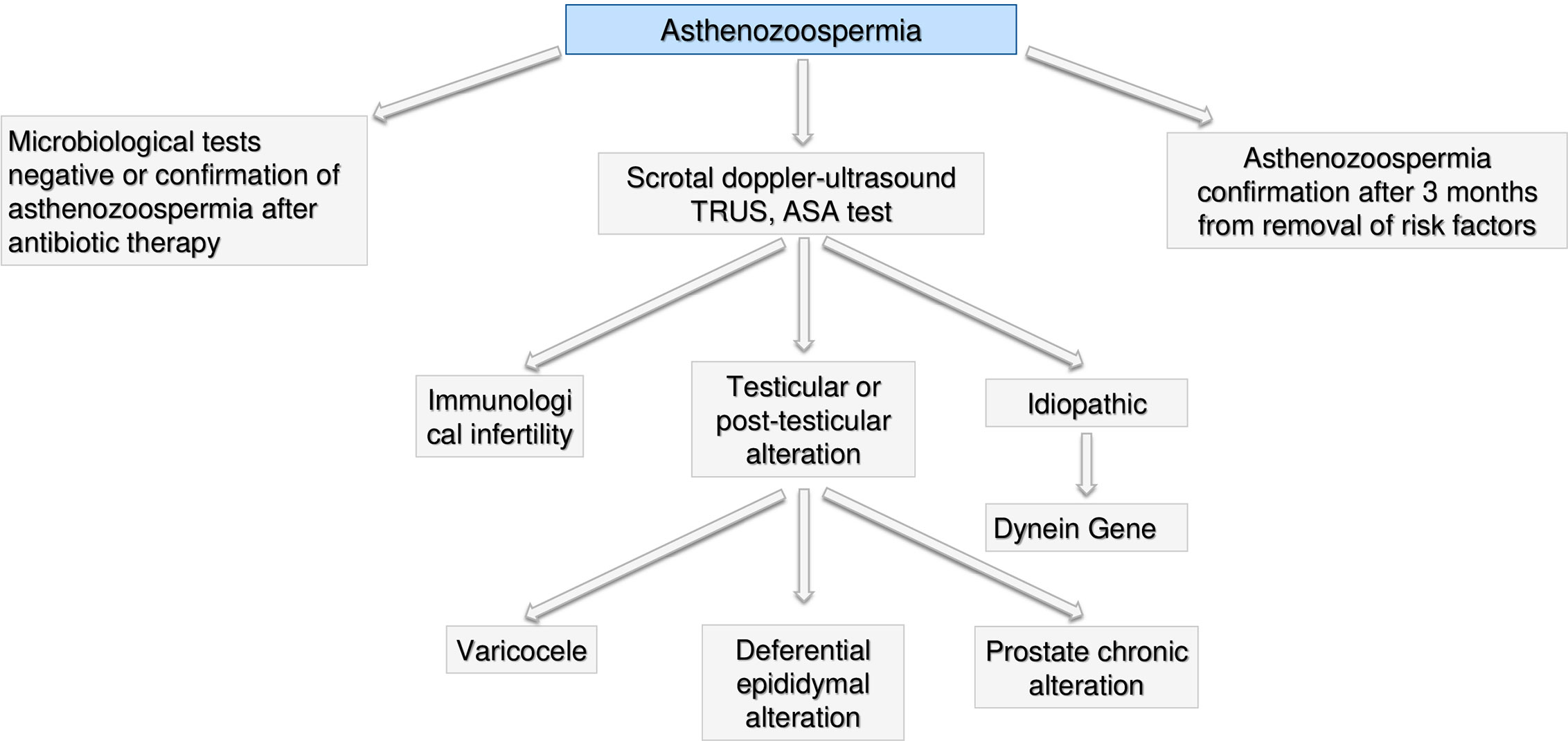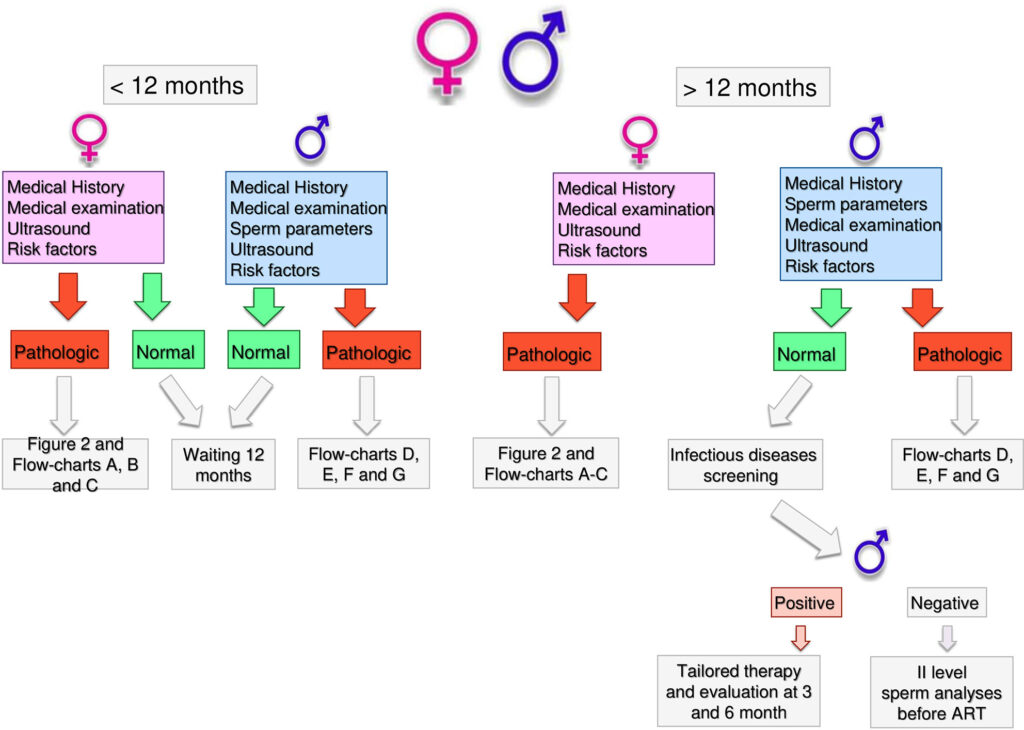Infertility, often abbreviated as IF, is a condition that affects millions of individuals and couples worldwide. It refers to the inability to conceive after one year of regular, unprotected intercourse. For those over the age of thirty-five, this timeframe is reduced to six months. Infertility can be a deeply emotional and challenging experience, but understanding its causes, diagnostic processes, and available treatment options can provide hope and clarity for those navigating this journey.

Understanding Infertility
Infertility is not a single condition but rather a complex issue that can stem from various factors. It can affect both men and women, and in some cases, it may result from a combination of issues involving both partners. Understanding the basics of infertility is crucial for addressing the problem effectively.
What is Infertility?
Infertility is defined as the inability to achieve pregnancy despite engaging in regular, unprotected sexual activity. It is important to note that infertility does not necessarily mean sterility, which is the complete inability to conceive. Many cases of infertility can be treated or managed with appropriate interventions.
Prevalence of Infertility
Infertility affects approximately one in every six couples globally. In some regions, the prevalence is even higher due to lifestyle factors, environmental influences, and limited access to healthcare. The emotional and psychological toll of infertility can be significant, leading to stress, anxiety, and feelings of inadequacy.
Causes of Infertility
The causes of infertility are diverse and can be attributed to factors affecting either partner or both. Identifying the root cause is essential for determining the most effective treatment plan.
Causes in Women
- Ovulation Disorders: Conditions such as polycystic ovary syndrome and hormonal imbalances can disrupt the ovulation process, making it difficult to conceive.
- Blocked Fallopian Tubes: Damage or blockage in the fallopian tubes can prevent sperm from reaching the egg or hinder the fertilized egg from traveling to the uterus.
- Uterine or Cervical Issues: Abnormalities in the uterine lining or cervical mucus can interfere with implantation or sperm movement.
- Endometriosis: This condition occurs when tissue similar to the lining of the uterus grows outside the uterus, causing pain and potential fertility issues.
- Age-Related Factors: As women age, the quality and quantity of their eggs decline, particularly after the age of thirty-five.
Causes in Men
- Low Sperm Count: A reduced number of sperm or poor sperm quality can make it difficult to achieve fertilization.
- Ejaculation Disorders: Problems such as retrograde ejaculation, where semen enters the bladder instead of exiting the penis, can impact fertility.
- Varicocele: Enlarged veins in the scrotum can affect sperm production and quality.
- Hormonal Imbalances: Issues with hormones such as testosterone can interfere with sperm production.
- Lifestyle Factors: Smoking, excessive alcohol consumption, drug use, and exposure to environmental toxins can negatively impact male fertility.
Combined Factors
In some cases, infertility results from a combination of factors affecting both partners. For example, a woman with mild ovulation issues and a man with low sperm count may face compounded challenges in conceiving. Additionally, unexplained infertility, where no specific cause can be identified, accounts for approximately ten to fifteen percent of cases.
Diagnosis of Infertility
Diagnosing infertility involves a comprehensive evaluation of both partners to identify potential causes. Early diagnosis can significantly improve the chances of successful treatment.
Initial Assessment
The diagnostic process typically begins with a detailed medical history and physical examination. Both partners will be asked about their reproductive health, lifestyle habits, and any previous attempts to conceive. Key questions may include menstrual cycle regularity, sexual history, and family medical history.
Diagnostic Tests for Women
- Ovulation Testing: Blood tests and ultrasound examinations can determine whether ovulation is occurring regularly.
- Hysterosalpingography: This imaging test checks for blockages in the fallopian tubes and evaluates the shape of the uterine cavity.
- Hormone Testing: Blood tests measure hormone levels related to ovulation, thyroid function, and ovarian reserve.
- Laparoscopy: A minimally invasive surgical procedure used to examine the reproductive organs for conditions like endometriosis or scar tissue.
Diagnostic Tests for Men
- Semen Analysis: This test evaluates sperm count, motility, and morphology to assess male fertility.
- Hormone Testing: Blood tests measure testosterone and other hormone levels that influence sperm production.
- Scrotal Ultrasound: Imaging is used to detect abnormalities such as varicoceles or other structural issues.
- Genetic Testing: In some cases, genetic testing may be recommended to identify inherited conditions affecting fertility.
Treatment Options for Infertility
Once the cause of infertility has been identified, a range of treatment options is available. The choice of treatment depends on the underlying issue, the age of the individuals involved, and personal preferences.
Lifestyle Modifications
For some couples, simple lifestyle changes can improve fertility outcomes. These may include:
- Maintaining a healthy weight through diet and exercise.
- Reducing stress through relaxation techniques such as yoga or meditation.
- Avoiding smoking, excessive alcohol consumption, and recreational drug use.
- Limiting exposure to environmental toxins and harmful chemicals.
Medications
Medications can address specific causes of infertility in both men and women:
- Ovulation Induction: Medications such as clomiphene citrate or gonadotropins stimulate ovulation in women with ovulation disorders.
- Hormonal Treatments: Hormone therapies can correct imbalances that affect fertility in both men and women.
- Antibiotics: If an infection is contributing to infertility, antibiotics may be prescribed to treat the underlying issue.
Surgical Interventions
In cases where structural abnormalities are identified, surgery may be necessary:
- Tubal Surgery: Procedures to repair or remove blockages in the fallopian tubes can restore fertility in women.
- Varicocele Repair: Surgery to correct enlarged veins in the scrotum can improve sperm quality in men.
- Endometriosis Treatment: Surgical removal of endometrial tissue can alleviate symptoms and improve fertility outcomes.
Assisted Reproductive Technologies
For couples who do not respond to conventional treatments, assisted reproductive technologies offer advanced solutions:
- Intrauterine Insemination: This procedure involves placing washed and concentrated sperm directly into the uterus during ovulation.
- In Vitro Fertilization: Eggs are retrieved from the ovaries and fertilized with sperm in a laboratory setting before being transferred to the uterus.
- Intracytoplasmic Sperm Injection: A single sperm is injected directly into an egg to facilitate fertilization, often used in cases of severe male infertility.
- Egg or Sperm Donation: Donor eggs or sperm may be used when there are insurmountable fertility issues with one partner.
- Gestational Surrogacy: A surrogate carries the pregnancy for individuals or couples unable to conceive or carry a child themselves.
Alternative and Complementary Therapies
Some individuals explore alternative approaches to complement traditional treatments:
- Acupuncture has been suggested to improve blood flow to the reproductive organs and reduce stress.
- Herbal supplements and dietary changes may support overall reproductive health, though scientific evidence is limited.
- Mind-body therapies, such as cognitive-behavioral therapy, can help manage the emotional aspects of infertility.
Emotional and Psychological Support
Infertility can take a significant toll on mental health, leading to feelings of grief, frustration, and isolation. Seeking emotional and psychological support is an essential component of the fertility journey.
Counseling and Therapy
Professional counseling can help individuals and couples navigate the emotional challenges of infertility. Therapists specializing in reproductive health can provide strategies for coping with stress, improving communication, and managing expectations.
Support Groups
Joining a support group allows individuals to connect with others facing similar experiences. Sharing stories, advice, and encouragement can foster a sense of community and reduce feelings of loneliness.
Open Communication
Maintaining open and honest communication with one’s partner is vital. Discussing fears, hopes, and treatment preferences can strengthen the relationship and ensure that both partners feel supported throughout the process.
Conclusion
While the journey through infertility can be challenging, advances in medical science and a deeper understanding of the condition offer hope for many individuals and couples. By exploring the causes, undergoing thorough diagnosis, and considering a range of treatment options, it is possible to move closer to achieving the dream of parenthood.





